Cognitive functions: memory
Memory is an essential cognitive function for our lives. It allows us to store information, to retain it and to “get it out” when we need it. Memory is the basis of our personality as it collects our knowledge, memories, experiences and thoughts. It is thanks to memory that we can project ourselves into the future, because we have experiences in the past.
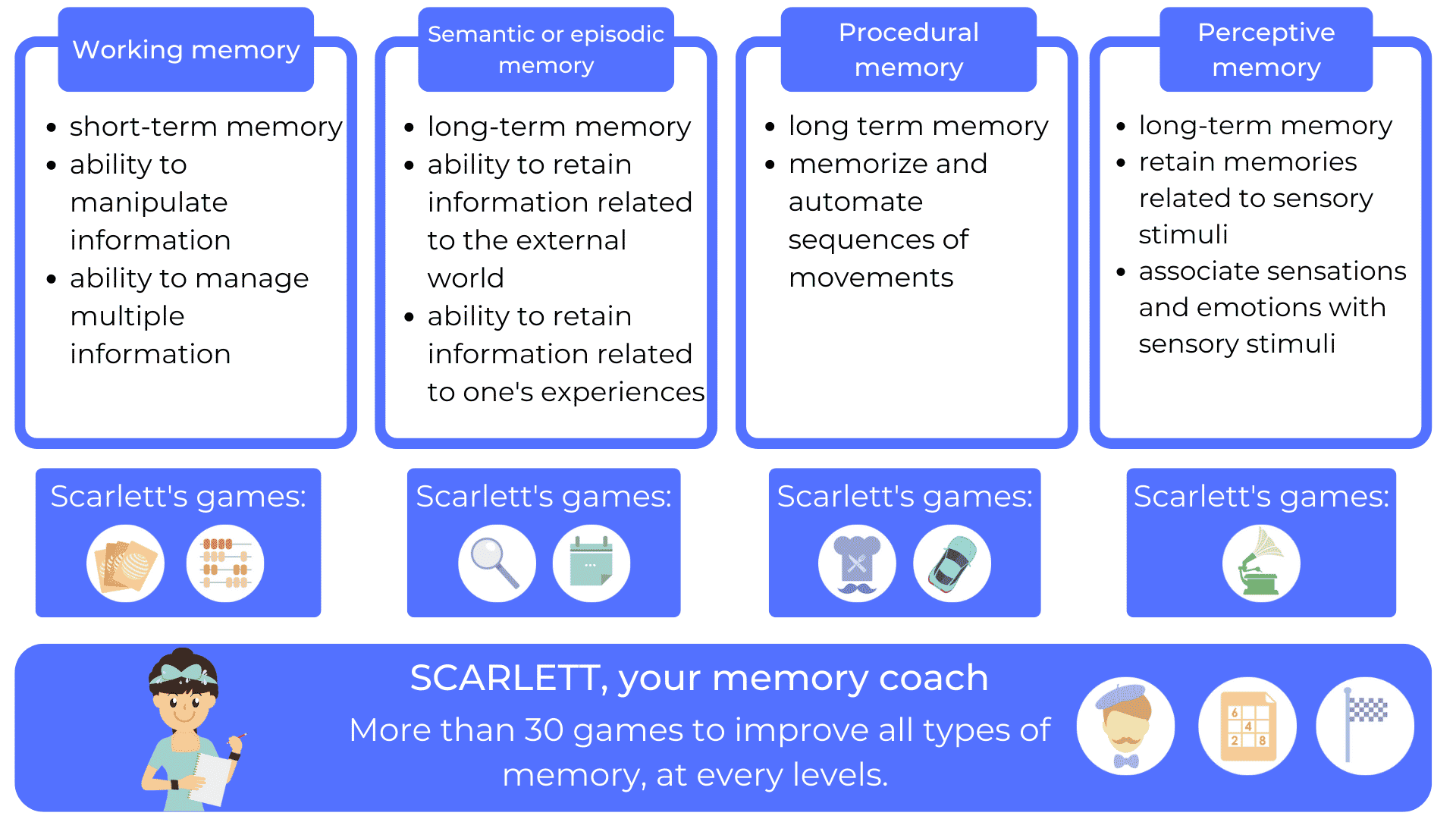
Types of memory
The memory consists of 5 different types of interconnected memories.
- Working memory: this is a short-term memory that allows us to store information and manipulate it in our brain.
- Semantic memory and episodic memory: these are two types of long-term memory that allow us to retain the information and knowledge we obtain every day.
- procedural memory: this is a long-term memory that allows us to automate certain sequences of action.
- Perceptual memory: this is a long-term memory that allows us to retain sensations and emotions related to sensory stimuli.
The brain and memory
Different neural networks are involved in multiple forms of memory. Each of the memory systems we have just seen involves different neural networks. Thanks to imaging technology, we now know which areas of the brain are involved in the memory process.
- Semantic memory involves mainly the parietal and temporal lobes.
- For episodic memory, the hippocampus and frontal lobe play an important role.
- For procedural memory, subcortical and cerebellar neural networks play an important role.
- Perceptual memory mainly uses cortical regions, close to the sensory areas.
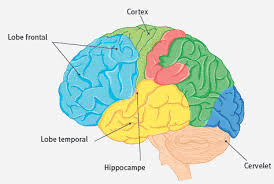
The memory process is possible thanks to synaptic plasticity. During the activities of daily life, we use several memory systems at the same time. We therefore have to retrieve information from different areas of the brain. These internal connections are constantly changing as they adapt to new information and the situation.
Depending on the importance of the information and the consolidation of the connections, the information is stored or not in the long-term memory.
With age, the plasticity of synapses decreases and connections become less durable over time. This is why it is more difficult for older people to retain information.
Memory in everyday life
Our daily life is based on our memory skills. To organise the day, we have to remember all the tasks we have to do or the things we need to do to go out. Once we are out, we have to remember the route. In addition, we have to recognise the people we meet, or recognise external stimuli.
Memory is useful all day long, even in the smallest details. For example, remembering that you should not drive through the red light.
All of our actions, activities and relationships are made possible by our memory skills. When there are memory-related disorders, these will influence the person’s daily life. The symptoms will be in the area of organization and social relationships.
For this reason, it is important to keep your brain active.
Memory-related disorders
There are several memory-related disorders. Each disorder or disease affects a different area of the brain, so it manifests itself with different symptoms. When a person starts to suffer from memory problems, he or she should consult a doctor to find out the cause of these difficulties.
- Alzheimer’s disease: a neurodegenerative disease characterised by a progressive loss of memory and other cognitive functions.
- Physical trauma resulting in brain damage: A physical accident that causes injury to brain tissue. As a result, there is a deterioration in the cognitive functions processed by the affected areas of the brain.
- Stroke: Stroke is characterised by cognitive impairment. It can manifest itself with symptoms of language, organisation or memory.
- Brain tumour: cell growth in the brain. Depending on the area where it is located, it can cause difficulties in different cognitive functions.
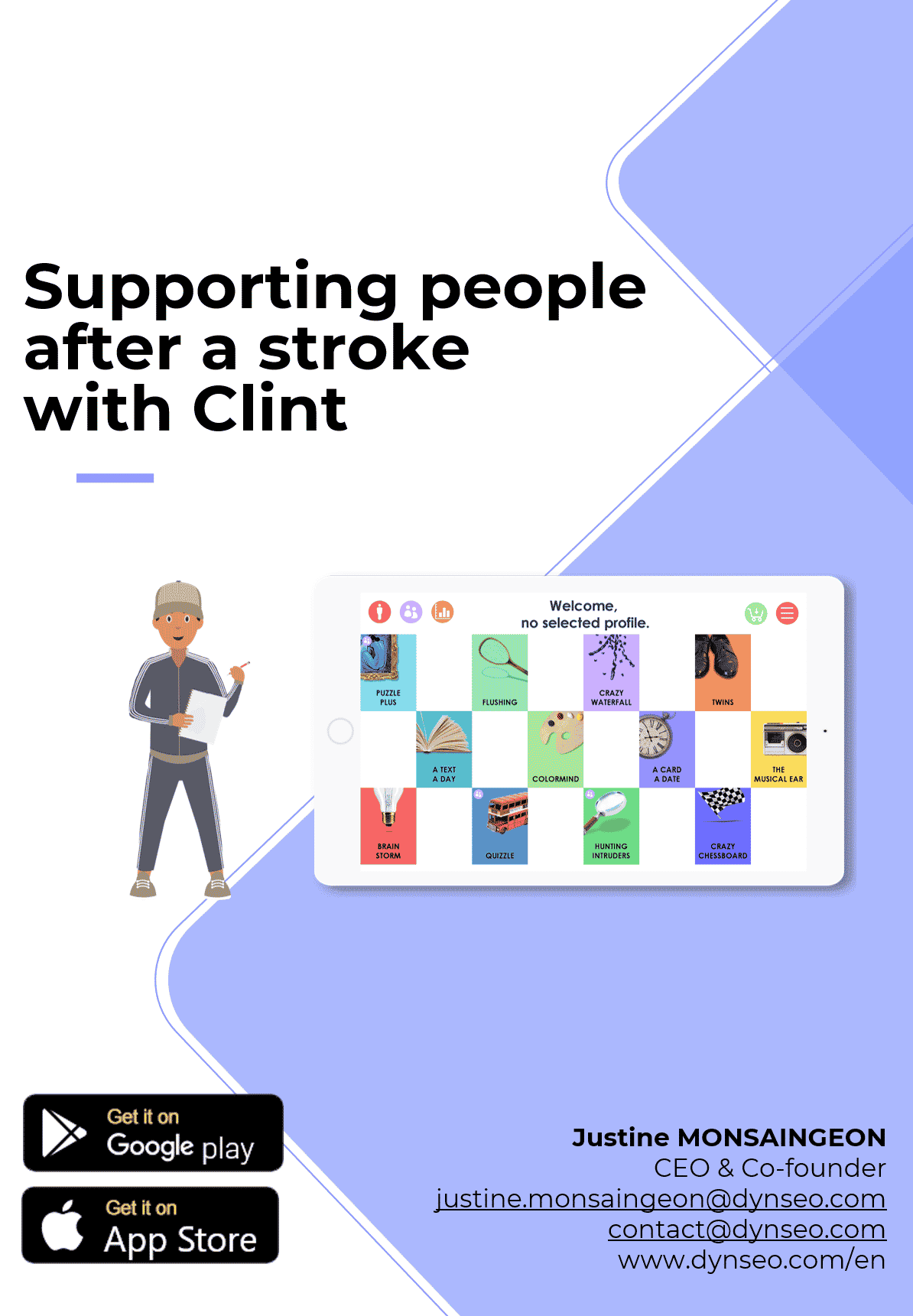
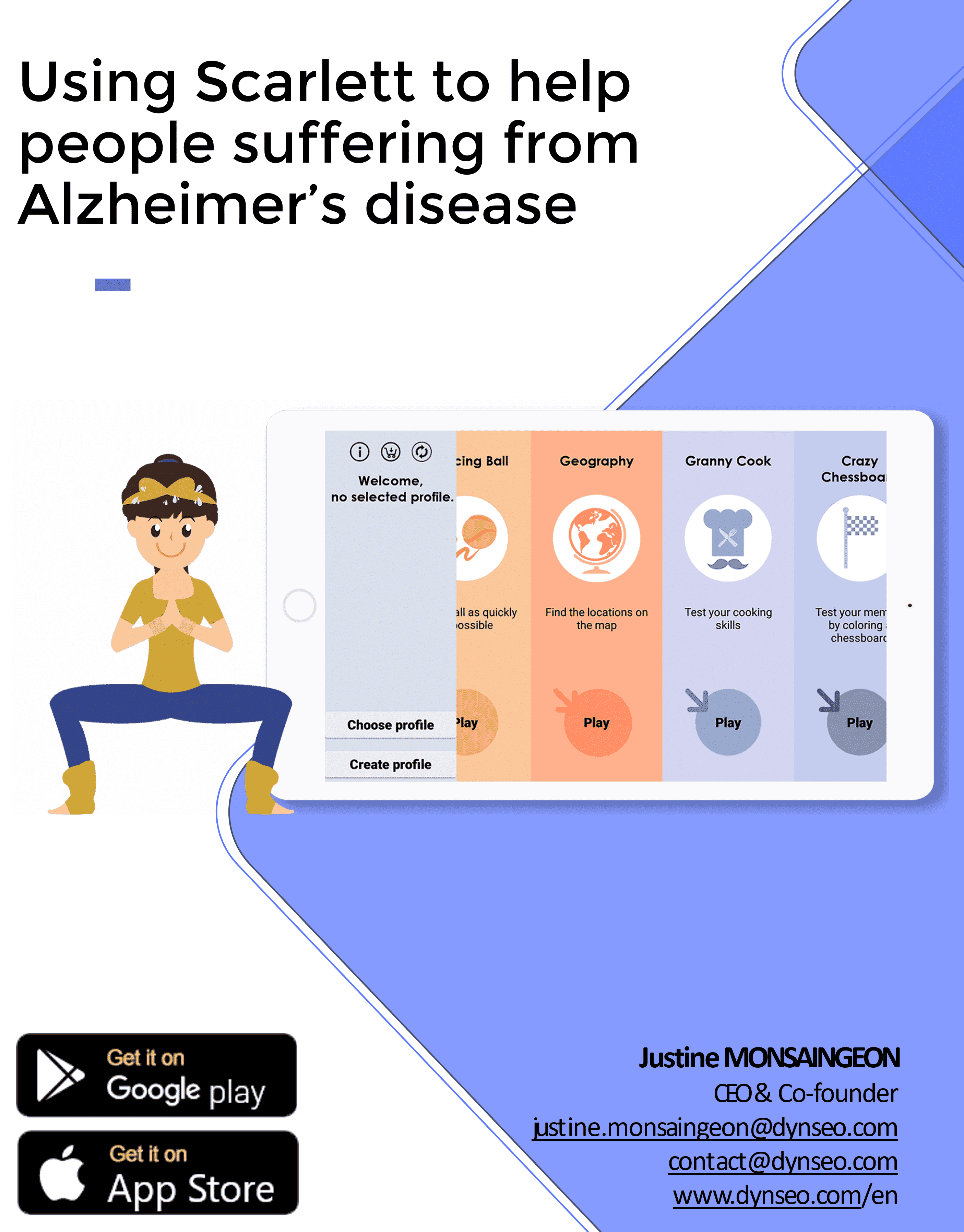
There are also situations where the memory loss is temporary and the person can recover their memories.
- Post-traumatic stress disorder: when a person experiences a trauma, they have very strong negative emotions. This emotional charge can prevent the person from remembering the event. In this case, the loss of memory is due to a defence mechanism that our brain puts in place.
- Depression: a psychological illness characterized by mood disorders. Depression can also affect the cognitive functions and daily life of the person.
- Adverse drug reactions: Some drugs have, among other adverse effects, cognitive numbness. This can manifest itself with difficulties in attention, organization or memory.
How to fight memory disorders
The ability to adapt and rehabilitate in the case of brain injury is different in each person. This difference depends on several factors. The first is the severity of the injury and the resulting symptoms. But there are also more personal factors, such as the resilience and cognitive reserve of the person.
Resilience is the ability to cope with disturbing life events. Following a trauma, illness or injury, the person must find the strength to begin a therapeutic journey, recognise their difficulties and seek solutions.
Scarlett, your memory coach
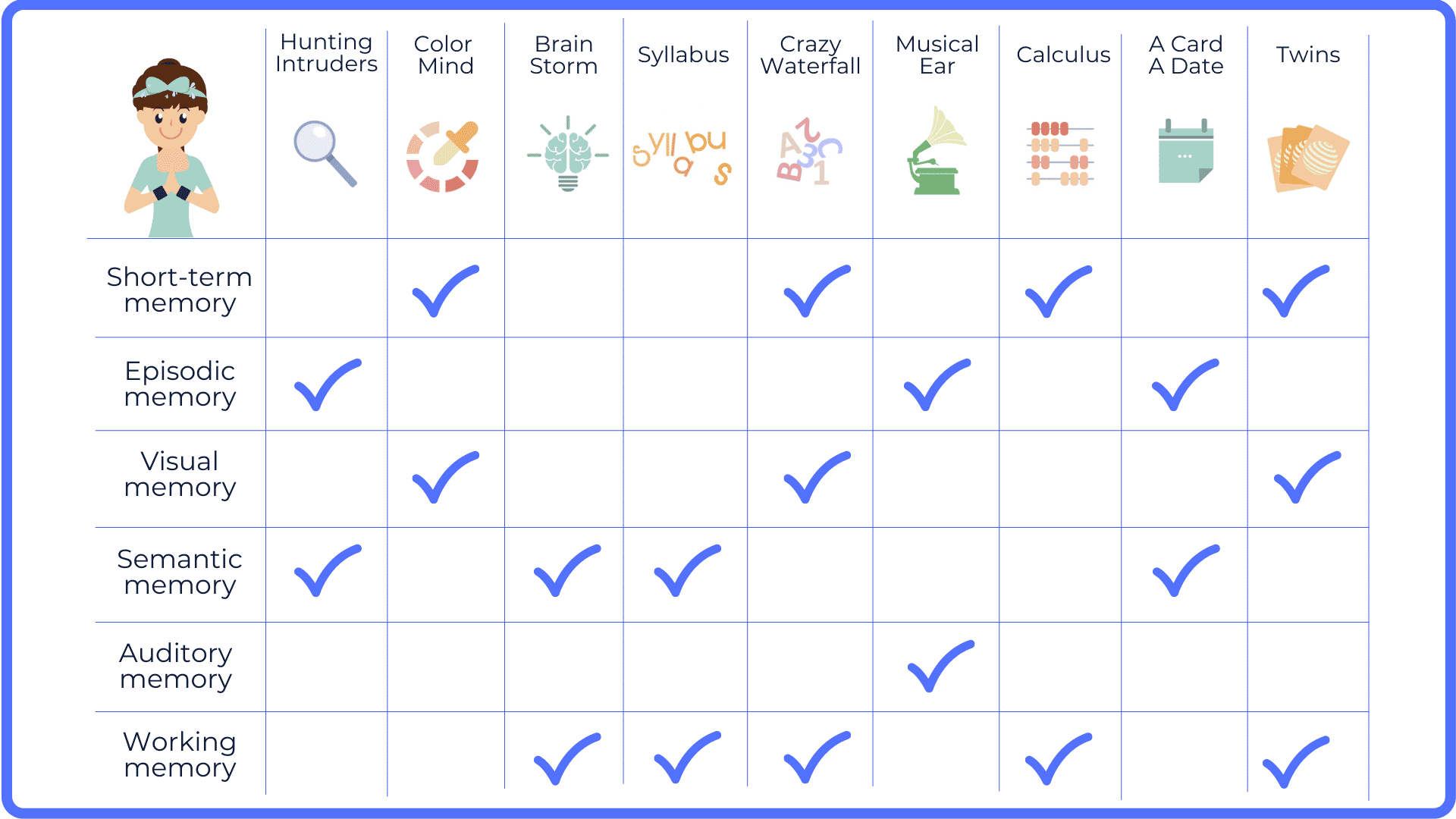
Scarlett is an brain training app with more thant 30 games to work on the cognitive functions. Each game has 3 levels of difficulty so you can adapt the activity according to the skills and difficulties of the person.
With Scarlett, there is no sense of failure so you can improve your cognitive functions while having fun and without frustration.
Among the cognitive functions that are worked on, there is also the memory. Thanks to the variety of games, you can stimulate all types of memory.
Twins
Memorize the position of the cards and find the pairs. You can stimulate immediate memory and visual memory. The game is played like the classic memory game. You can also play in pairs, taking turns to play with your friends or family.
In this game, you also stimulate the working memory because you have to remember the position of the cards, add information at each turn and compare it with the information you already have.

Calculus
Solve mathematical calculations.
Doing mathematical operations is a perfect exercise to improve your working memory. You have to manipulate the numbers in your head to find the solution. Choose the “free answer” mode to increase the difficulty of the game.
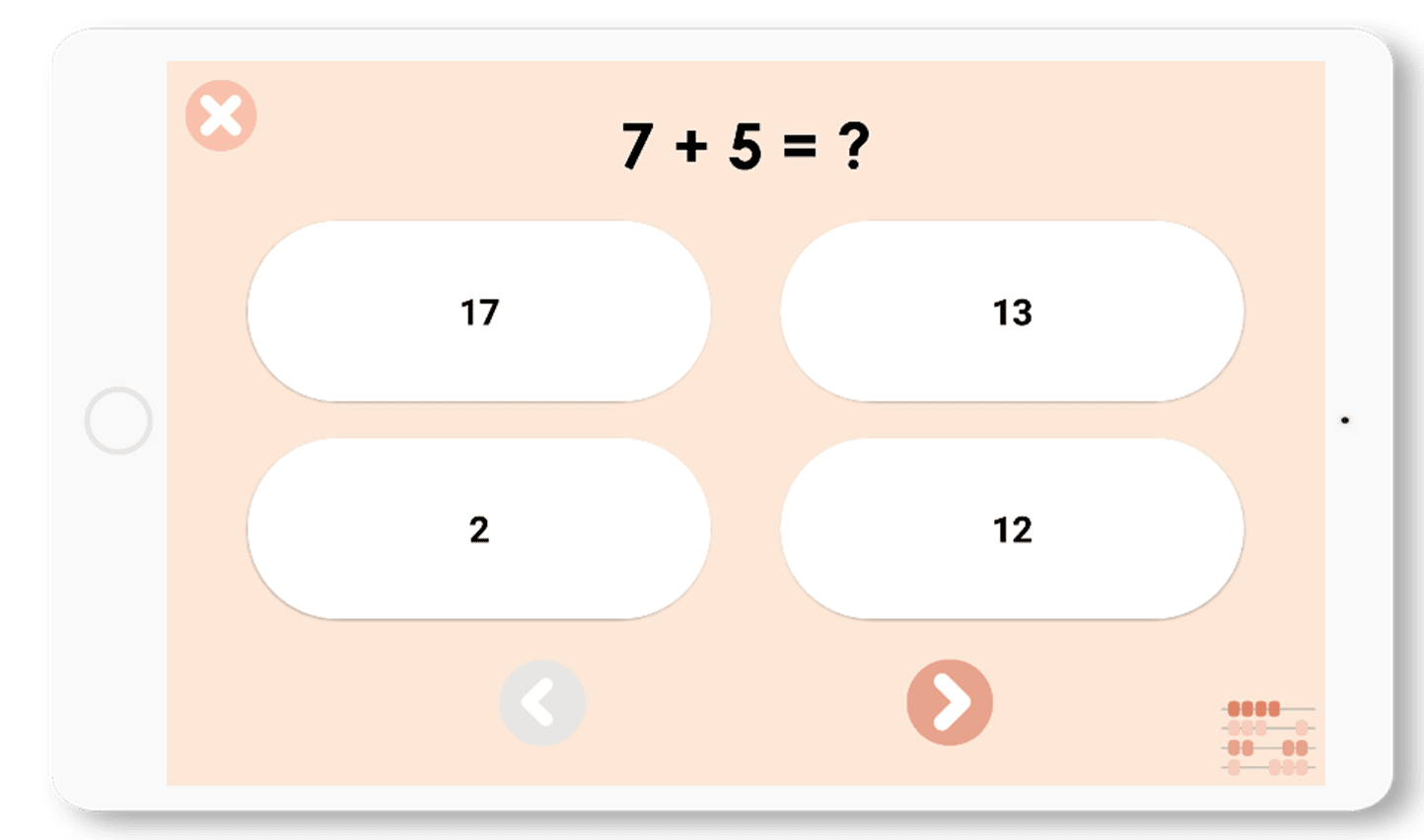
A Card A Date
Put historical events in order.
You can stimulate semantic and episodic memory. The events can be related to the past, but also to the person’s life, to the people of his or her time for example. A Card A Date is a cultural game so you can work on your memory and general knowledge at the same time.
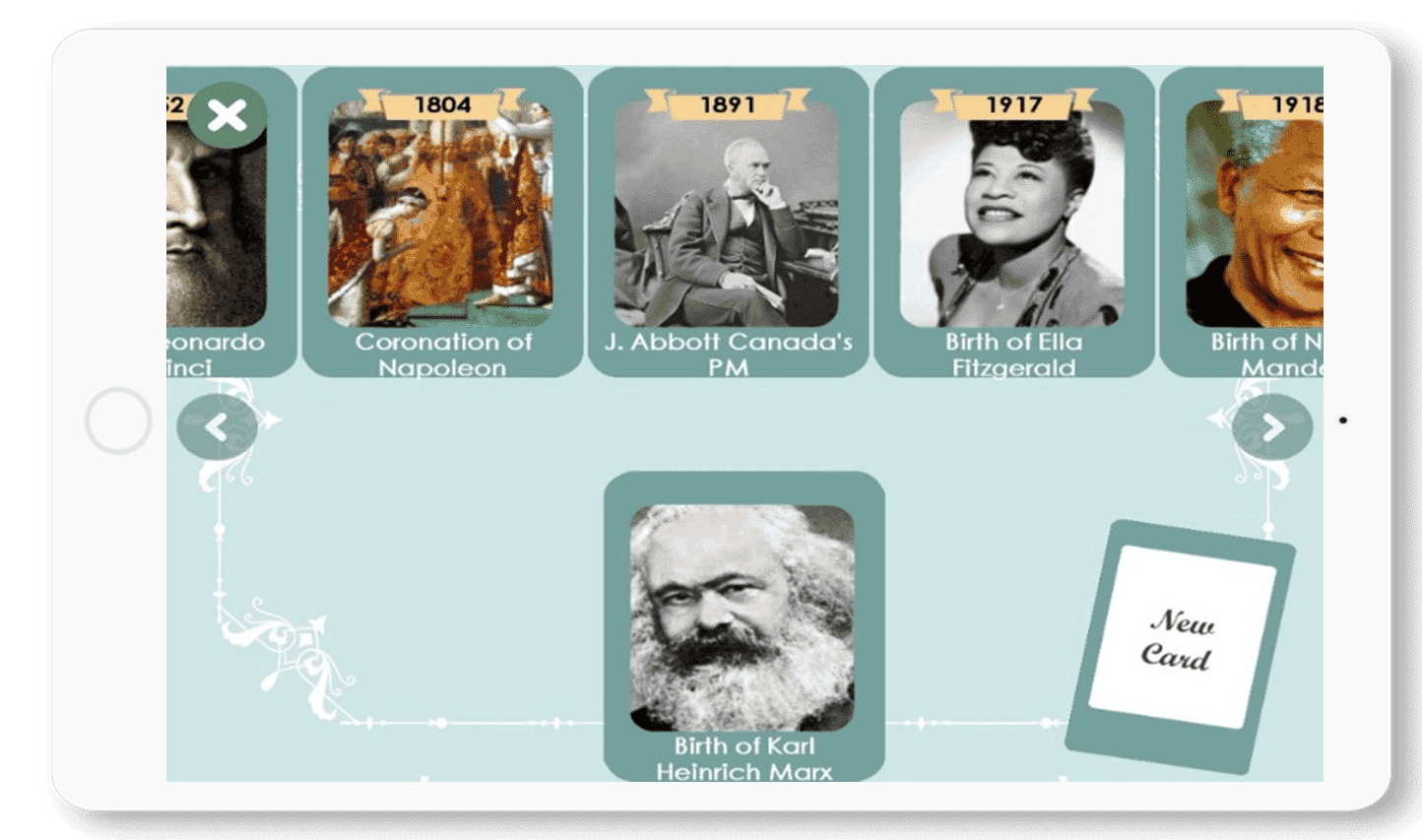
The Musical Ear
Recognise sounds, animals, instruments or songs.
You can choose the mode of play you prefer or according to your needs. In all 3 modes, you mainly stimulate semantic memory as you have to remember the meaning of the sound.
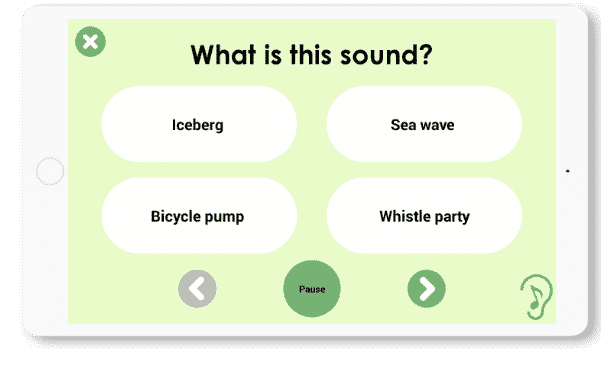
An adapted app for people with Alzheimer’s:
Scarlett
A brain training program with more than 30 memory games adapted for people suffering from mild to severe cognitive disorders, such Alzheimer’s, Parkinson’s and other neurodegenerative diseases.
- A simple interface,
- 3 levels of difficulty,
- No WiFi needed
Try the app for free for a week on Android and Apple tablets!
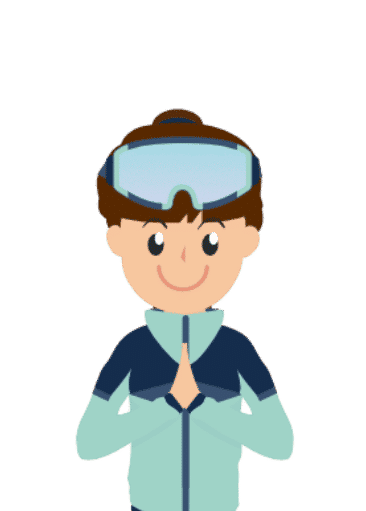
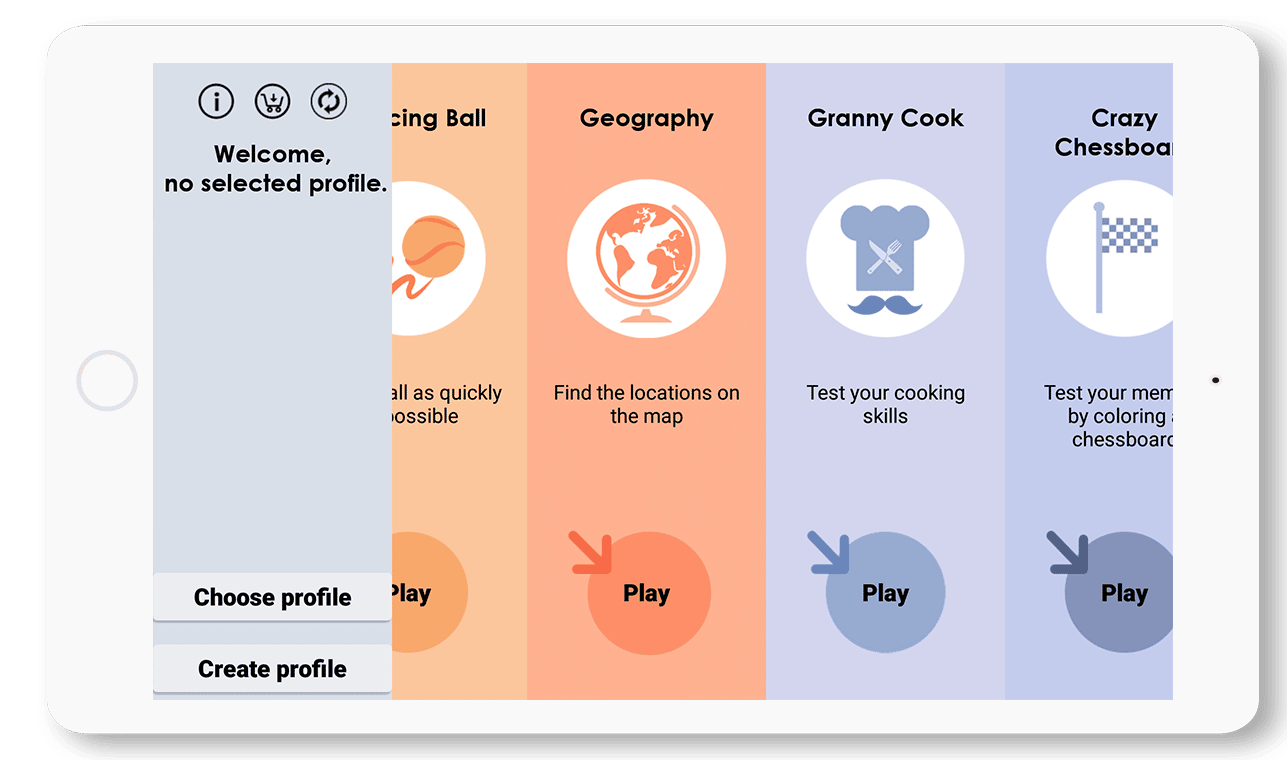
1 MONTH
- Perfomance tracking
- Monthly updates
- Customer support
- No automatic renewal
$5 USD
3 MONTHS
- Perfomance tracking
- Monthly updates
- Customer support
- No automatic renewal
$18 USD
1 YEAR
- Performance tracking
- Monthly updates
- Customer support
- No automatic renewal
$58 USD
Other articles you might be interested in:
How Parents Can Contribute to Teacher Training
As we delve into the realm of education, it becomes increasingly clear that teacher training is not merely a...
Differentiated Instruction Approaches: Training and Practical Application
Differentiated instruction is a pedagogical approach that recognizes the diverse needs of students in a classroom. It...
Key Skills Teachers Need to Support Students with Special Needs
As we embark on our journey to support children with special needs, it is essential for us to cultivate a deep...







